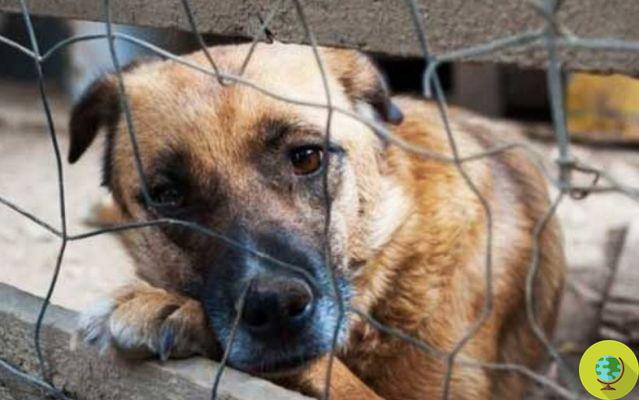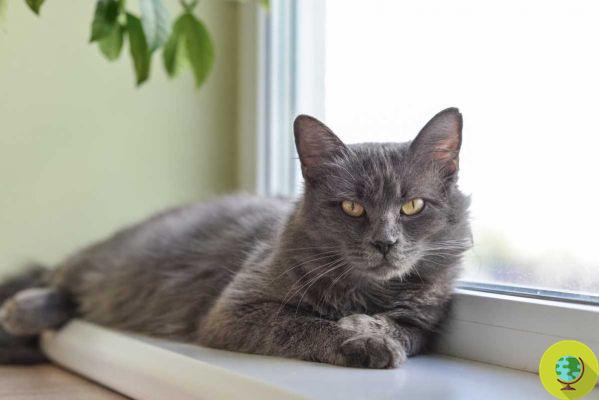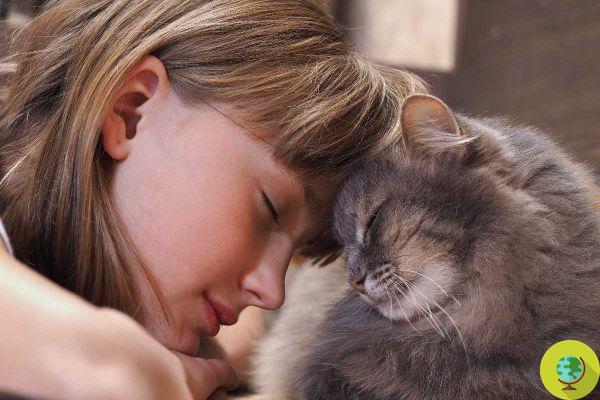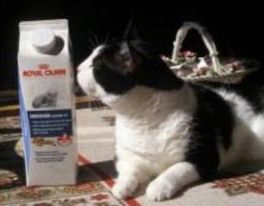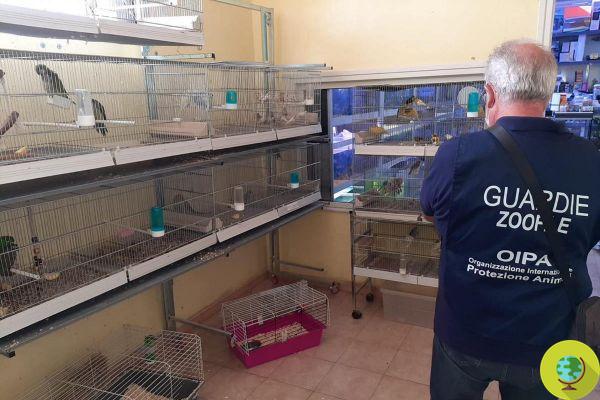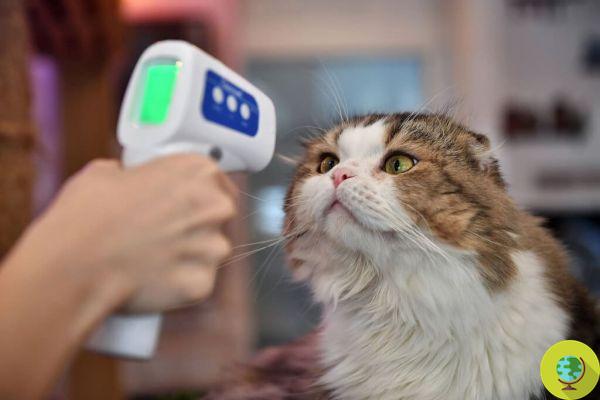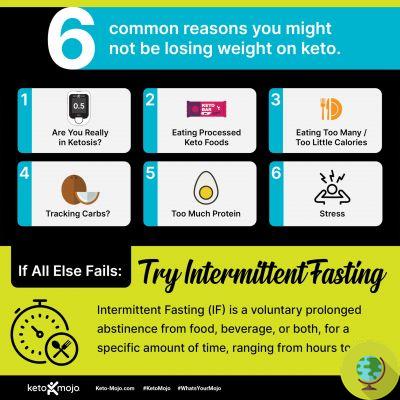
The extra pounds are not a problem that affects only us, but increasingly also the animal world. In recent years, in fact, obesity has spread at an impressive speed even among dogs, cats and many other animal species. Dr. David Allison, a professor of biostatics at the University of Alabama, conducted a study entirely focused on this phenomenon.
He is about to end up run over, his mother saves him
Christmas has just passed and we are starting to deal with the relentless bathroom scales which, with the precision of a Swiss watch, will show us a tangible sign of how much these holidays have affected our ideal weight. THE However, extra pounds are not just a problem for us, but increasingly also the animal world. In fact, in recent years, obesity has spread at an impressive speed, even among dogs, cats and many other animal species.
Doctor David Allison, a professor of biostatics at the University of Alabama, conducted a study entirely focused on this phenomenon. Allison and his team looked into the different weight changes in 24 different animal species, observing 12 males and 12 females: among these dogs, cats but also wild mice taken from colonies living in close contact with humans.
The research was aimed at investigate the reasons behind obesity in pets but also of the wild ones that live near inhabited centers and highlighted five main causes, some certainly surprising.
Index
Fatty food, fatty animal
The more than 40% increase in body weight found in a colony of wild rats in Baltimore highlights a greater richness in the diet of animals: the colony feeds on waste which in all probability is more caloric than those present in the past. And this has a very simple explanation: our diet has changed considerably over the years and so have our waste. What rats probably find in the garbage today is certainly different, from a nutritional point of view, compared to what was present on our tables fifty years ago.
A sedentary lifestyle
According to Pet Obesity Prevention, the association that deals with prevent obesity in animals, are approximately 89 million overweight or obese American pets. And as it happens for us humans, excessive body weight exposes these creatures to an innumerable series of diseases such as diabetes, arthritis, high blood pressure. Our pets are strongly influenced by our lifestyle: if we are dynamic and sporty people, Fido will probably also practice a lot of physical activity, through long walks outdoors, or playing ball or maybe on some mountain excursion.
But our society is increasingly imposing one on us sedentary lifestyle and so our favorites end up lying on the sofa watching television. For Micio's health it would be better to chase a butterfly in the open air than to see it fluttering through the cathode ray tube. The quality of life therefore significantly affects the health of animals which, if deprived of the right physical exercise and bored by a sedentary existence, can easily incur obesity.
Toxins in waterways
According to a survey reported by the New York Times, out of 140 watercourses examined, 80% of these had water samples containing toxic residues and drugs such as, hormones, pain relievers, blood pressure medications and antibiotics.
Such substances according to Dr. Allison's team, can interfere with the endocrine system of animals to point from slow down their metabolism, thus promoting weight gain.
Bad habits with our pets
Often due to the feelings of guilt that assail us after leaving Fido alone all day, we have a bad habit of spoil our animals and we often do this through food, by giving them gods between meals, o magari i our leftovers or foods completely inadequate for their needs. Some of these can contain more than six hundred calories which are often more than our pet's entire needs. Inadequate foods or leftovers can easily facilitate the onset of obesity.
Climate Change
Animals, for a purely genetic matter, are much better than us humans listen to their body. They eat when they are hungry and quit when they are full. The problem is that, as always, man has put his hand in it, upsetting the natural course of things and the delicate balance of animals. According to research conducted by Dr. Allison some environmental factors can disrupt the migration or hibernation of animals consequently also altering their weight. Due to the Climate Change some animals have stopped their hibernation and others have shortened the distances of their migratory routes due to the destruction of their habitats. This involves a less physical activity and therefore a greater reserve of calories and therefore an increase in body weight.
As always, mother nature is forced to pay a very high price for reckless human actions.
Lorenzo DeRitis




